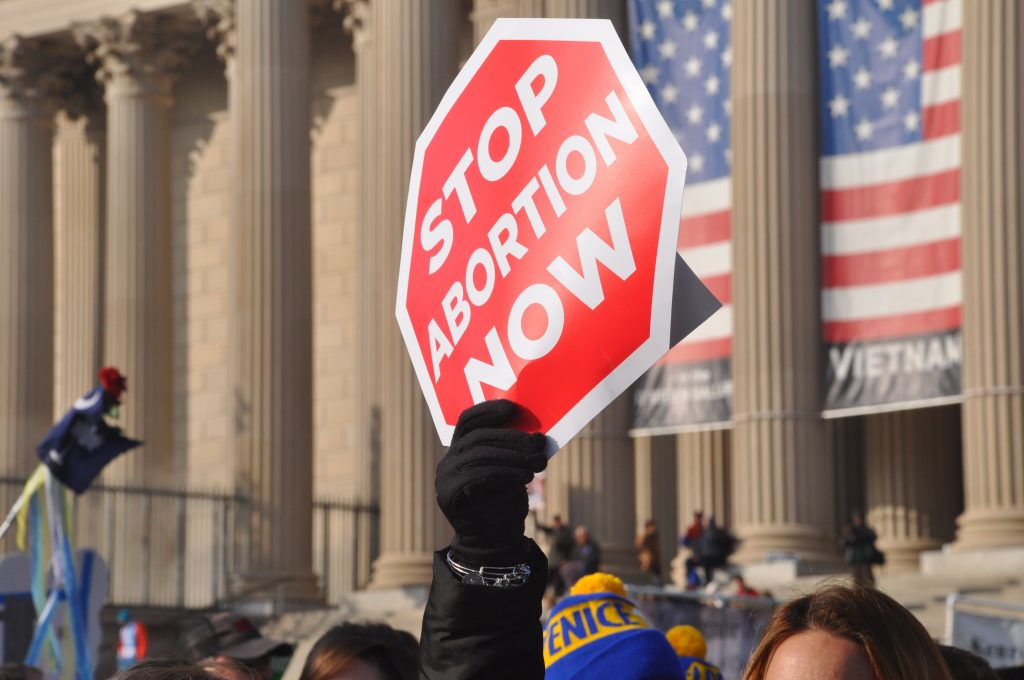Unpacking S.B. 6, The Arkansas Unborn Child Protection Act

Synopsis: S.B. 6, the Arkansas Unborn Child Protection Act, by Sen. Jason Rapert and Rep. Mary Bentley would prohibit abortion in Arkansas except in medical emergencies when the mother’s life is at risk. The bill is virtually identical to Act 180 of 2019, the “trigger law” that the Arkansas Legislature passed to make abortion illegal if the U.S. Supreme Court overturns its 1973 Roe v. Wade decision. Below are a few points to consider.
Overview of S.B. 6
- S.B. 6 contains numerous legislative findings outlining why the U.S. Supreme Court should overturn its Roe v. Wade, Doe v. Bolton, and Planned Parenthood v. Casey abortion decisions.
- The bill prohibits abortion except in cases of medical emergency when the woman’s life is at risk.
- Performing or attempting to perform an abortion would be an unclassified felony.
- The penalty would be a fine up to $100,000 and/or imprisonment up to 10 years.
- S.B. 6 would not allow a woman to be prosecuted for the death of her unborn child.
- S.B. 6 contains exceptions for contraceptives.
- S.B. 6 creates an affirmative defense for a physician who accidentally or unintentionally causes injury or death to an unborn child.
- S.B. 6 does not explicitly affect or repeal any other state law concerning abortion.
Additional Points to Consider
- S.B. 6 is similar to Arkansas’ abortion statutes prior to Roe v. Wade.
- S.B. 6 is virtually identical to Act 180 of 2019 prohibiting abortion in Arkansas if the U.S. Supreme Court overturns Roe v. Wade.
- S.B. 6 would not repeal Act 180 of 2019.
- S.B. 6 would not repeal any other law regulating, restricting, or prohibiting abortion in Arkansas.
- S.B. 6’s exception allowing abortion when the woman’s life is at risk tracks with Amendment 68 to the Arkansas Constitution, which says it is the policy of the State of Arkansas to protect the lives of unborn children and contains exceptions for abortions performed to save the life of the woman.
- Under S.B. 6, a woman could not be prosecuted for having an abortion. An abortionist could be prosecuted for performing an abortion.
- This means the abortionist would face prosecution — not the woman.
Read S.B. 6, The Arkansas Unborn Child Protection Act, here.





